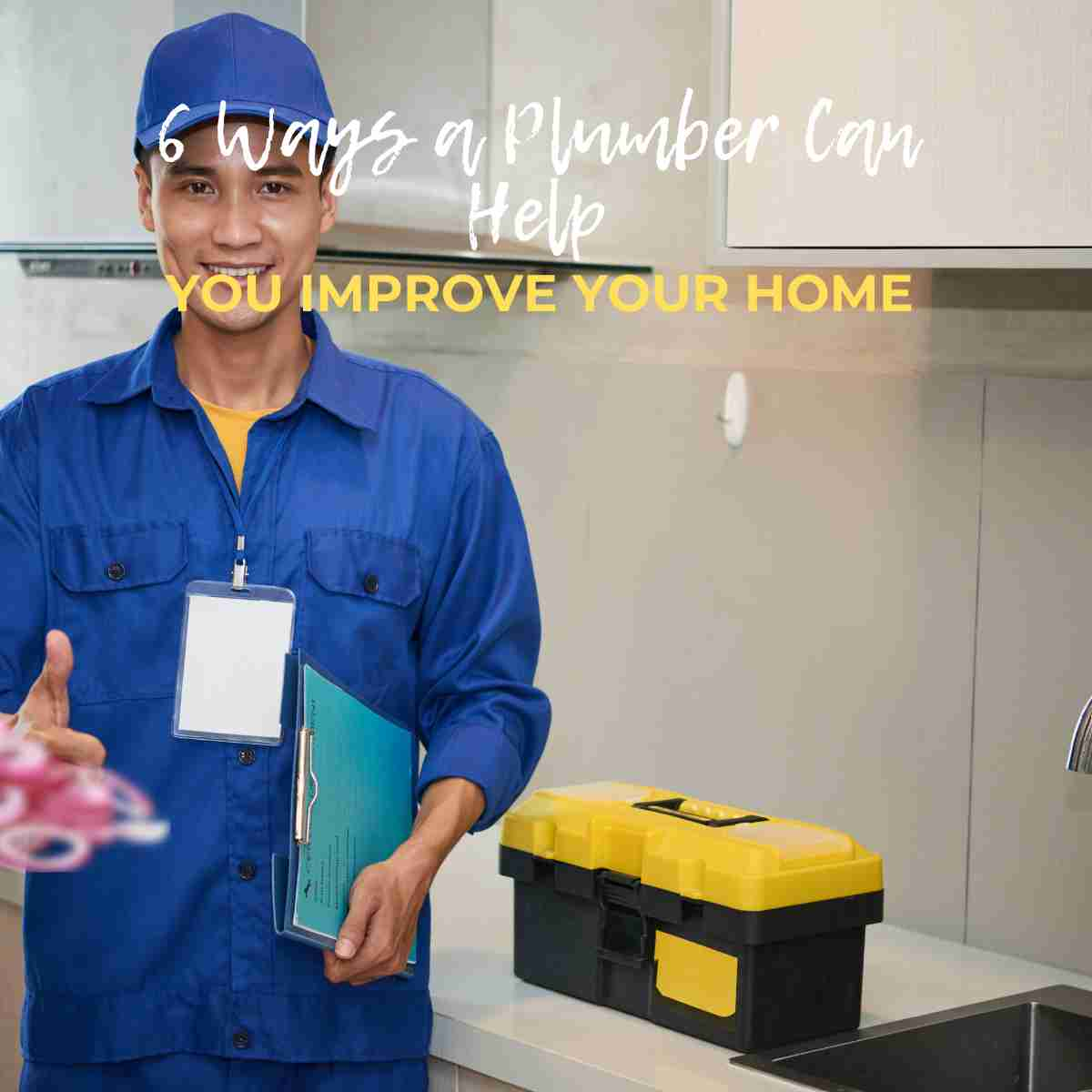For the vast majority of people, a “plumber” is either: a) a person who fixes leaks when constant dripping becomes too annoying, or b) a person who fixes leaks when they escalate into a home-threatening emergency.
While plumbers do fix annoying and critical issues, thinking that that’s all they do is not just wrong; it can be dangerous, too, as it leaves you incapable of reacting promptly in times of crisis.

That’s why, today, we’re taking a trip with experts from One Stop Plumbers to discover what’s the actual extent of a plumber’s work and how their trade can help make your home a better, safer place to live.
What does a plumber do?
In a nutshell: Plumbers install, repair, and maintain a diverse range of residential, commercial, and industrial plumbing systems, including (but not limited to) water and gas supply, drainage, sanitation, and HVAC. Now, we know that this definition is too all-encompassing and, as such, remains a bit vague, so let’s break it down.
Installation of (new) plumbing systems
When a building needs a complete water, gas, or sewage infrastructure (re)built from scratch, plumbers are the people entrusted with the responsibility. However, their scope of work goes beyond just laying pipes, soldering joints, and connecting fixtures.
System inspection & optimization
Plumbers are also in charge of ensuring that the new or existing system works properly and, more importantly, safely. Typically, this entails doing rigorous inspections, whose purpose is to:
- Ensure that the system complies with building codes, regulations, and standards;
- Identify and address potential issues that can jeopardize the integrity and/or functionality of the system;
- Test the system to ensure that it is safe and operates within the optimal parameters, which is typically done after either of the above two steps.
While we’re on the topic of inspections: Plumbers are also commonly hired during real estate transactions to assess the overall condition of the plumbing infrastructure throughout the property, helping potential buyers make an informed decision before committing to the purchase.
Installation of household appliances
In addition to common installations, such as piping and fixtures, plumbers can also set up household appliances that require plumbing connections, such as washing machines, heating, dishwashers, water filtration systems, water heaters (gas or electrical), and gas stoves (among others).
Repair & maintenance
OK, there’s no point in delaying the inevitable any longer. Plumbers fix things; that’s the major part of their work and what they’re best known for. As to what they can fix - well, here’s a small excerpt from their enormous portfolio:
- Leaky faucets;
- Clogged drains;
- Burst pipes;
- Running toilets;
- Water heater malfunctions;
- Sewer line blockages;
- Gas line leaks;
- Sump pump failures;
- Water pressure issues;
- Faulty garbage disposals;
- Backed-up sewage systems;
- Broken or malfunctioning water main lines;
- Faulty shut-off valves;
- Irrigation system problems.
Believe it or not, this is just a small example of what plumbers are doing on a virtually daily basis.
Emergency interventions
The absolute worst thing about plumbing issues is that they occur suddenly and unexpectedly, and they just keep escalating. Burst pipes, gas leaks, and sewage backups can not only jeopardize the integrity of the property; they are also health hazards that can place the lives of occupants at risk. In these instances, swift intervention is paramount and plumbers are the only ones with tools and expertise to safeguard your home and your well-being.
Preventative maintenance
If the above scenarios fill you with dread (as they should), you’ll be happy to know that they can be prevented. The solution, once again, comes in the form of experienced plumbers. By having your specialists conduct regular inspections and preventative maintenance, you’ll be able to address the issues before they even get a chance to rear their ugly heads.
Having a good plumber can make all the difference
After everything is said, we do not doubt that you have a newfound appreciation for plumbers and their trade. So, we’ll leave you with the last piece of advice: always have a reliable plumber on your beck and call. Whether it’s an emergency or regular maintenance, just knowing that they’re within reach is enough to give you peace of mind.
